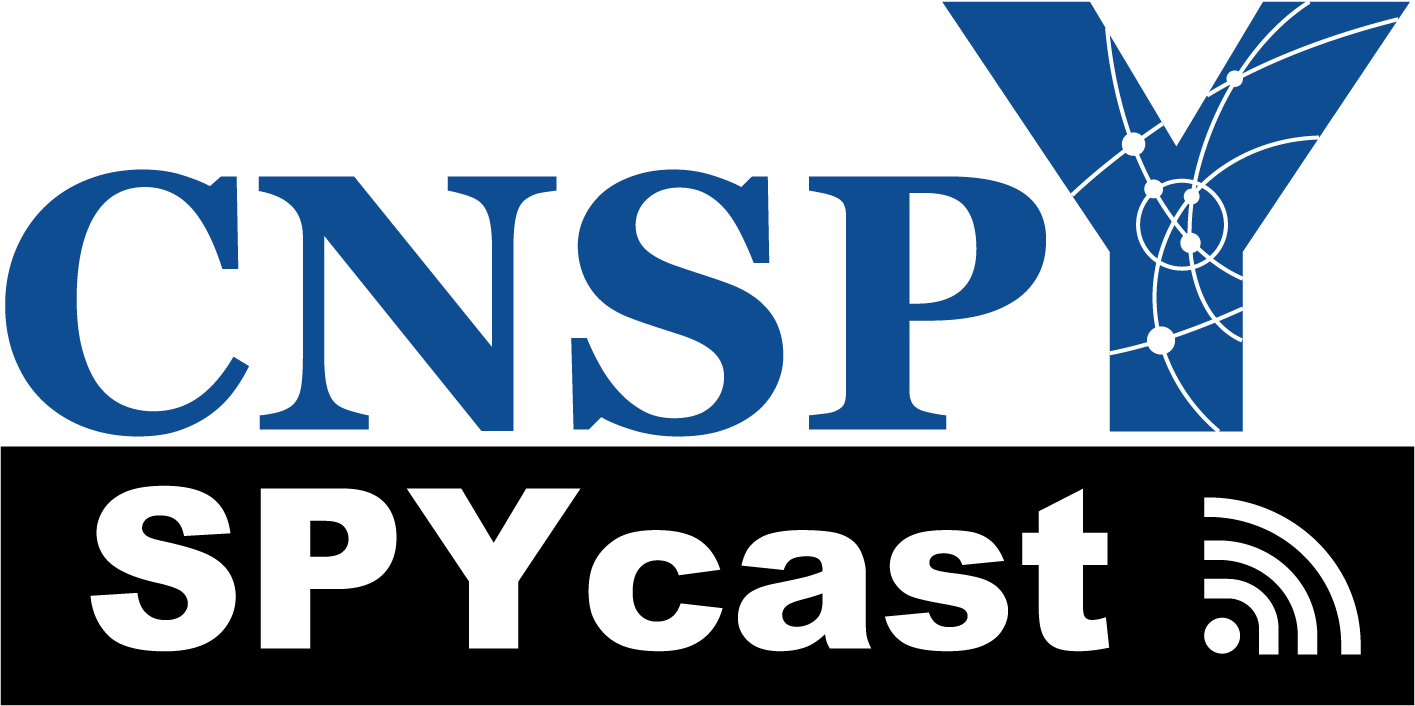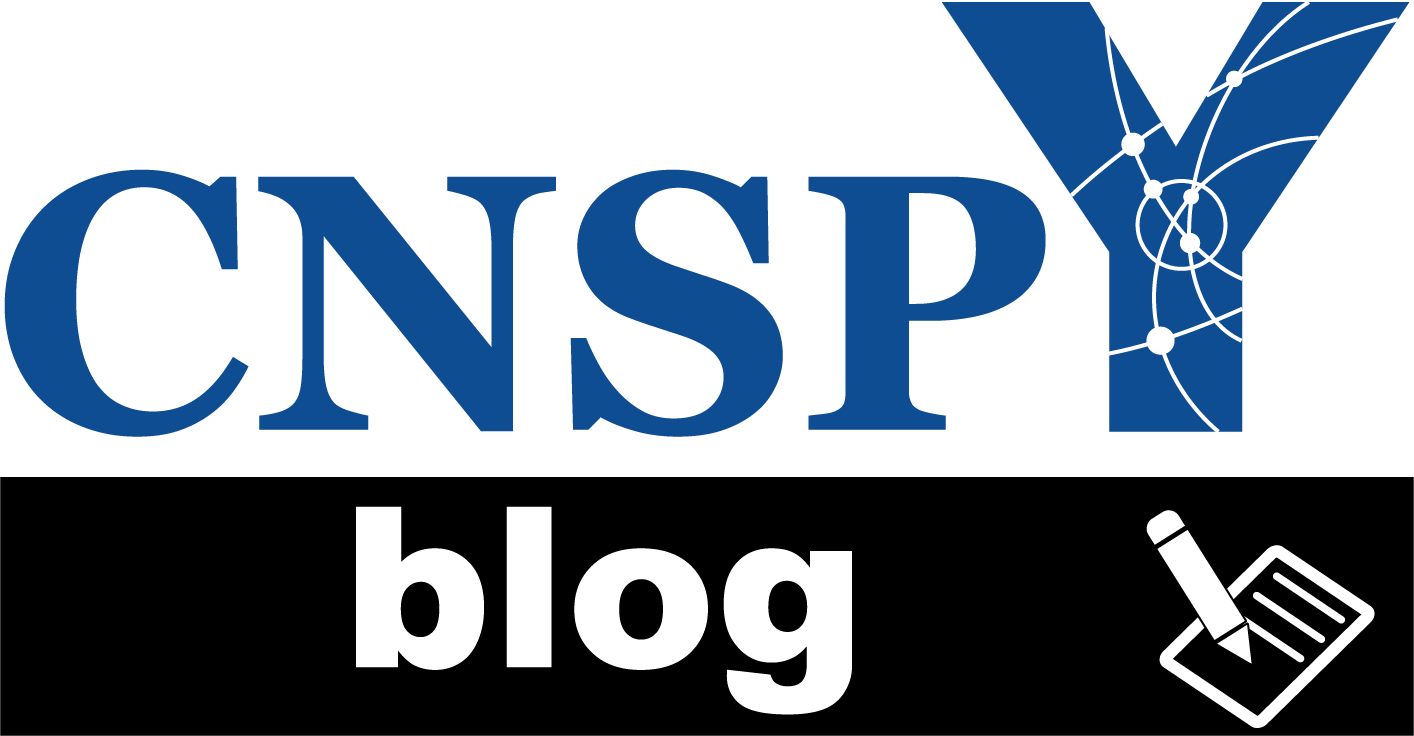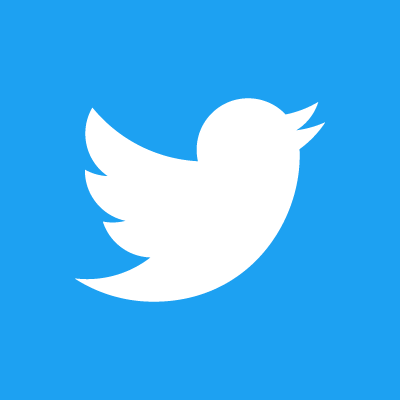This week, guest blogger Kristen Murfin begins a blog series on informational interviewing. This is a valuable way to get detailed information about career paths that you may be curious about. Here’s Kristen on how to get started with an informational interview…
About three years ago, I decided that I wanted to explore career paths outside academia, but I wasn’t sure where to start. I tried attending seminars, reading books, and doing online research, but I didn’t feel like I was making much progress in deciding what I wanted to do. Sure, I learned that as a science PhD I could pursue a variety (almost too many!) careers and the basics of what they entailed, but I felt like I didn’t really understand what people in these positions actually did on a daily basis. What did it mean to oversee a portfolio of grants? Or to manage a team?
When I confided this in a friend, she recommended that I try doing informational interviews with people in the careers that I was interested in. Since then, I’ve done many informational interviews and started co-hosting interviews for the CNSPY Podcast, SPYcast. I’ve found informational interviewing to be one of the most useful resources for getting detailed information about career paths. In this blog series, I’ll share with you a little information on what informational interviewing is, asking for an interview, preparing for your interview, and other tips I’ve learned along the way.
What is an informational interview and why should I do one?
An informational interview is a short meeting with a professional to learn about their career path and job responsibilities. You should think of it as an opportunity to ask all the questions that you can’t answer by reading about the career or job online. You’ll be able to get information about details on a particular job and company:
- Daily responsibilities
- Opportunities for career growth and change
- Company culture
- Interview processes
You’ll also have the opportunity to learn about career tracks:
- The interviewee’s career path and career paths of others that they know
- Skills that the interviewee thinks are necessary
- Ways to break into this career from academia
- Experiences to prepare you for this career path
An informational interview is also an excellent way to grow your network. It gives you the opportunity to form a connection with someone at a company where you might want to work. Hopefully, the person that you interview will be able to tell the hiring manager, “I met them and they seemed like they would be a good fit.” If you’re lucky, they might even be willing to pass along your resume to the hiring manager.
However, the primary purpose of an informational interview is not to get a job. Never ask directly if their company is hiring! Also, don’t give them your resume unless they ask for it! The interviewee will likely think that you are just using them to get a job rather than being actually interested in their career.
Finding someone to ask for an interview
The best way to find an interviewee is through your network. Ask your colleagues, mentors, or professional connections if they know anyone who is in a particular field or job position. Often, they might know someone or be able to put you in contact with someone who knows people in that area. The vast majority of the interviews that I’ve been able to secure have come from people I know putting me in contact with someone they know.
You can also consider contacting alumni from your academic institution. Often, an alumnus will be more willing to speak to you than someone you have no connection with. Yale has a great career networking database that all Yale students and affiliates can access.
If all else fails, you can try cold emailing or calling someone. This route is much less likely to get you a response, even a negative one. A good resource for finding people is to try searching LinkedIn for a particular job title or company. You can also look at company websites for an employee directory.
How to ask for an informational interview
You’ll only have one chance to initiate the conversation for an informational interview, so you want to make sure that you have the greatest chance for a response. The easiest way to engage someone is to have someone that you know introduce you via email. If your connection just gives you their contact’s information or you are emailing someone that you don’t have a connection with, you will want to compose a brief email that states your intent. Here are some examples:
Example 1:
Dear John,
Joe Smith gave me your contact information. I am a postdoctoral associate at Yale University studying infectious disease, and I am exploring careers in scientific publishing. I was wondering if you would be willing to do an informational interview with me to give me advice on transitioning careers from academia to publishing and your career path as a scientific editor.
Thank you for your consideration.
Best regards,
Susie Doe
Postdoctoral Associate
Section X
Department Y
Yale University
Example 2:
Dear John,
I am a PhD candidate at Yale University, and I will be graduating next spring. I am interested in careers in management consulting, and I was wondering if you would be willing to do an informational interview with me. I would like to know more about your career path as a consultant and working at Consulting Company X. This should take no more than 20-30 minutes.
Thank you for your time.
Sincerely,
Susie Doe
Graduate Research Assistant
Section X
Department Y
Yale University
What if the interviewee doesn’t respond? Many times, you may not hear back from an interviewee for a while or you may never hear back. Generally, I contact someone and wait about a week for them to respond. If I don’t hear anything, I’ll send a second follow-up email that restates what is in the first email, but the email is not exactly the same. If the person does not respond within another week, sending more emails will likely not get you a response, so I move on to asking someone else. I have also found that I am much more likely to get a response if I email the interviewee in the morning around the middle of the week.
Setting up the informational interview
If you can, it is best to do the interview in person. Putting a face with the name is always helpful for having people remember you. Offer to meet the person at their office or somewhere close to where they work. Meeting for coffee is always a safe option because it can go as long or as short as you or the interviewee wants.
Many times, an in-person interview isn’t possible if you are trying to talk with someone out of town or who is very busy. Doing an interview over the phone or via Skype is the next best option. In fact, if you are nervous or have trouble remembering questions, this might be a better option because you can have cue cards right in front of you and you can more comfortably take notes as you talk.
Now what?
Securing the informational interview is the hard part, but you still need to prepare and execute your interview.
Check out our next blog about how to prepare for an informational interview.
Further reading:
- 3 steps to a perfect informational interview
https://www.themuse.com/advice/3-steps-to-a-perfect-informational-interview - How to ask for an informational interview (and get a Yes)
https://www.themuse.com/advice/how-to-ask-for-an-informational-interview-and-get-a-yes - How to land and ace an informational interview
https://www.forbes.com/sites/jacquelynsmith/2013/12/11/how-to-land-and-ace-an-informational-interview/3/#4fe7b479211e - Career Opportunities in Biotechnology and Drug Development by Toby Freedman






February 17, 2023 at 12:48 am
Your interviewee may not respond to your request, especially if you only very briefly met them. But at least you tried!
https://www.mywatchesuk.com/
May 19, 2023 at 2:59 pm
Thank you for useful sharing.
vozol 10000
November 10, 2023 at 1:38 am
Rolex ha creato la collezione Cellini nel 1968, riunendo tutti gli orologi hublot replica eleganti e tradizionali del marchio. Dal 1963 un’idea di André J. Heiniger, successore di Hans Wilsdorf, che grazie alla sua esperienza imprenditoriale ha trasformato l’azienda in un prestigioso marchio di orologi.
November 10, 2023 at 3:04 am
Rolex, a status symbol of entire generations, a classic, a story that made the Geneva Maison famous, fundamentally based on two magical words, Oyster and Perpetual. imitation watches
March 4, 2024 at 1:57 am
Actually, I did not know about Informational Interviewing but by reading your blog now I understand how important it is to do informational interviews for your career. For making the correct decision in clearing your doubts. I was about to enter the writing industry and wanted to start Assignment Writing Service UAE but before starting my career I really was searching all the necessary information to follow the correct path. Thank you for giving me life-saving information bout Informational Interviews.
April 22, 2024 at 8:11 am
Nowadays, there are a lot of methods of conducting interviews, so it is important to be prepared for any scenario, for example, I https://studyfy.com/do-my-assignment do my assignment and I had prepared answers for any interview scenario’ i